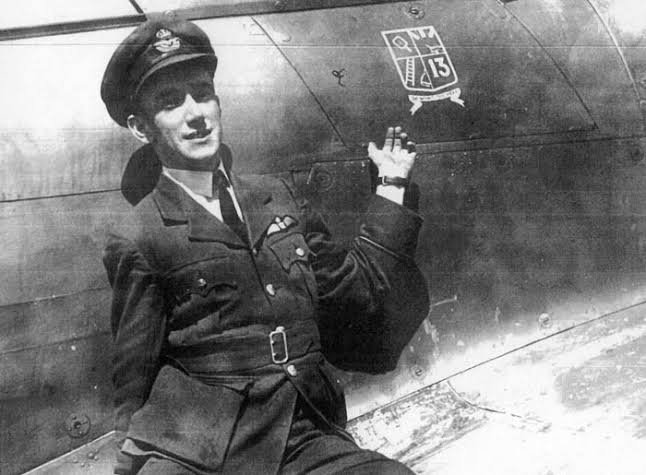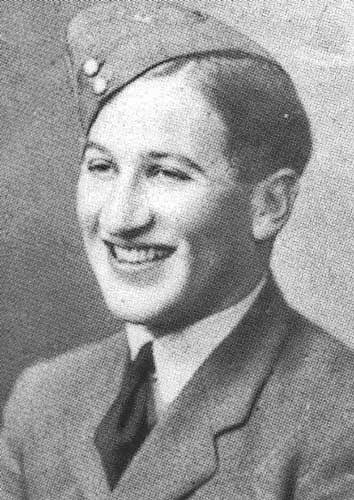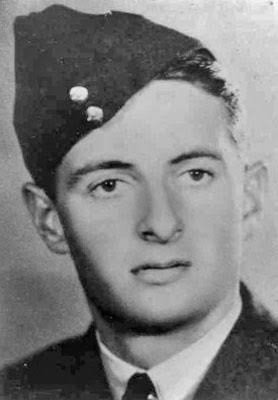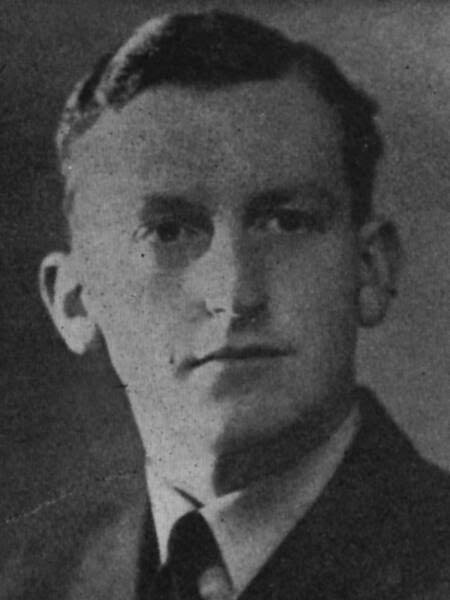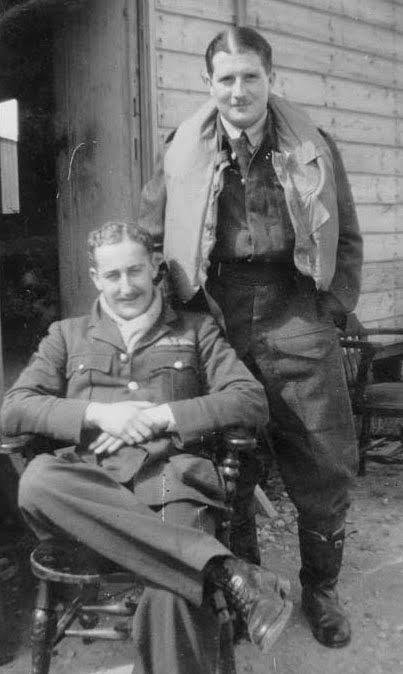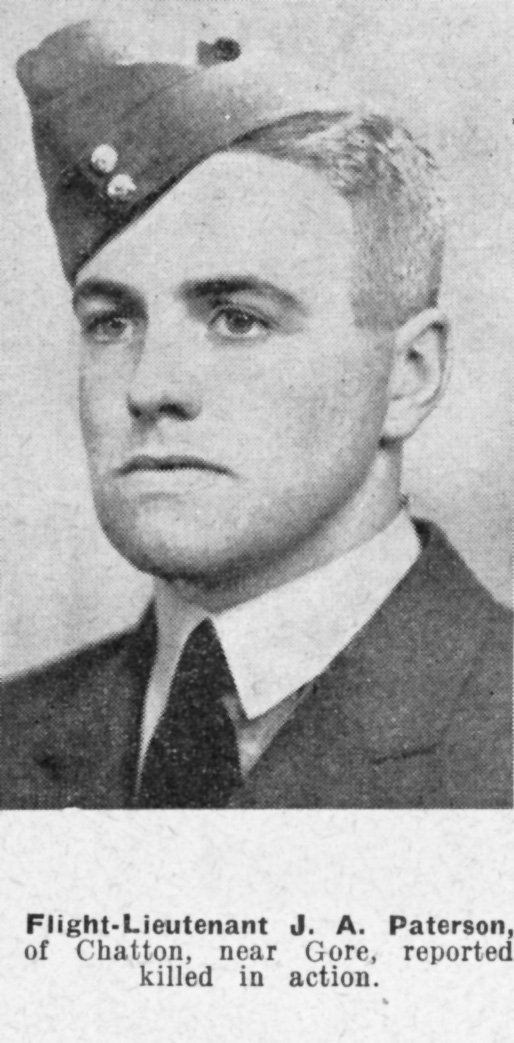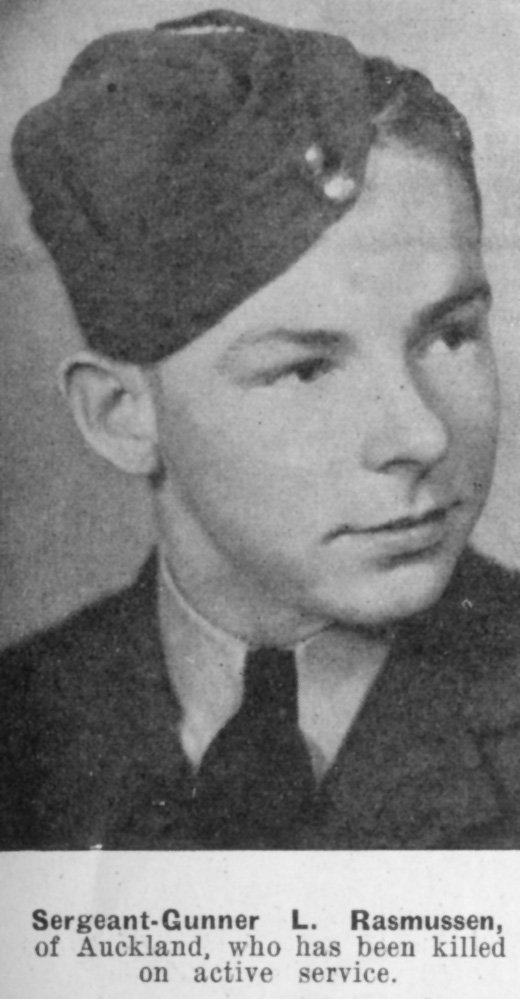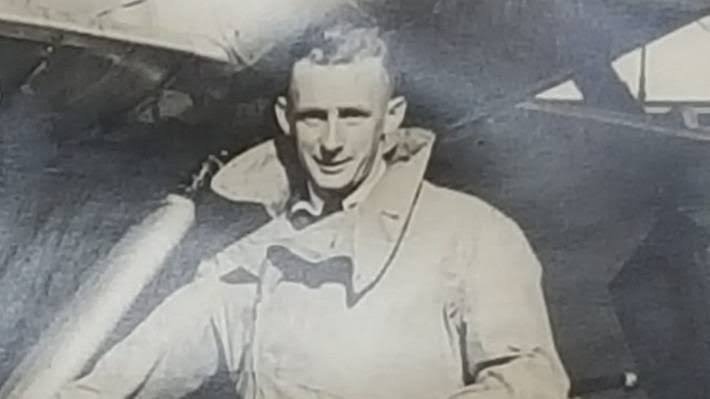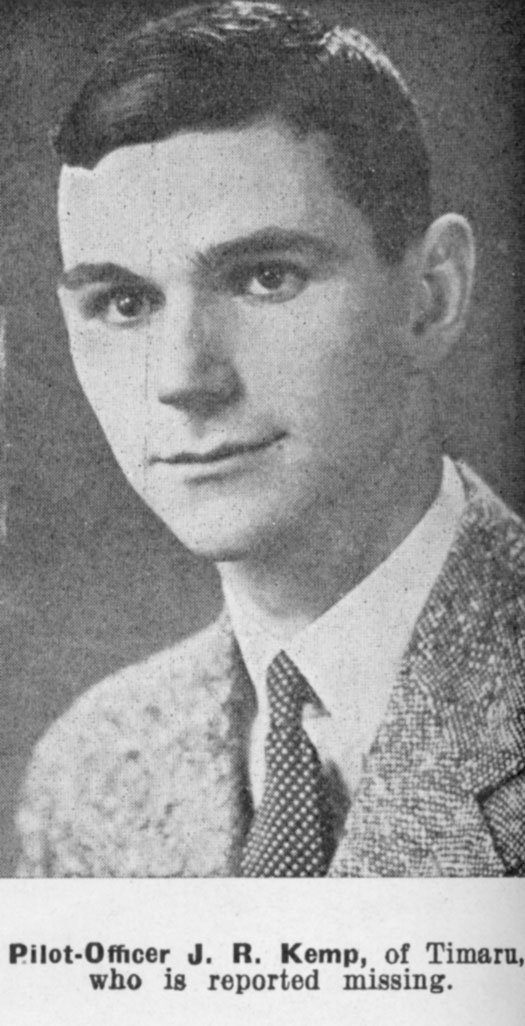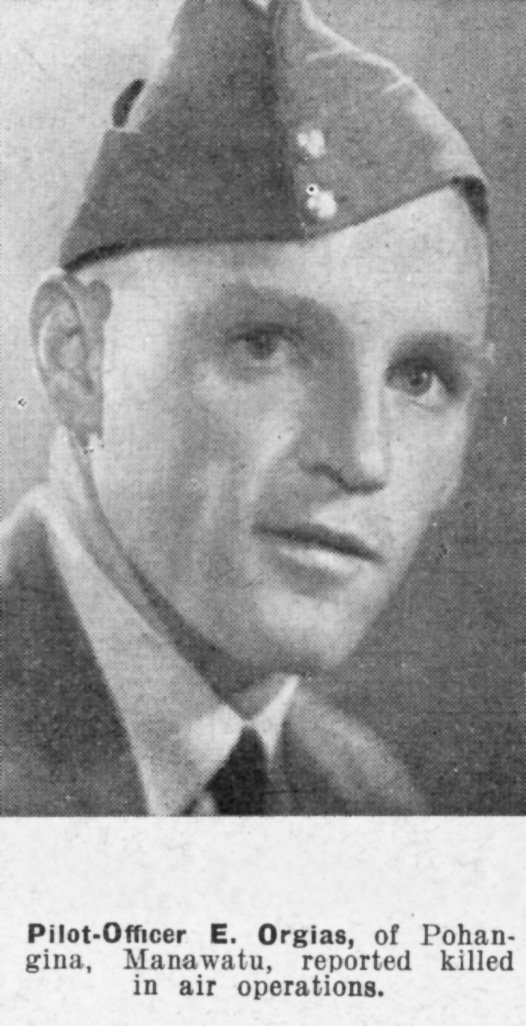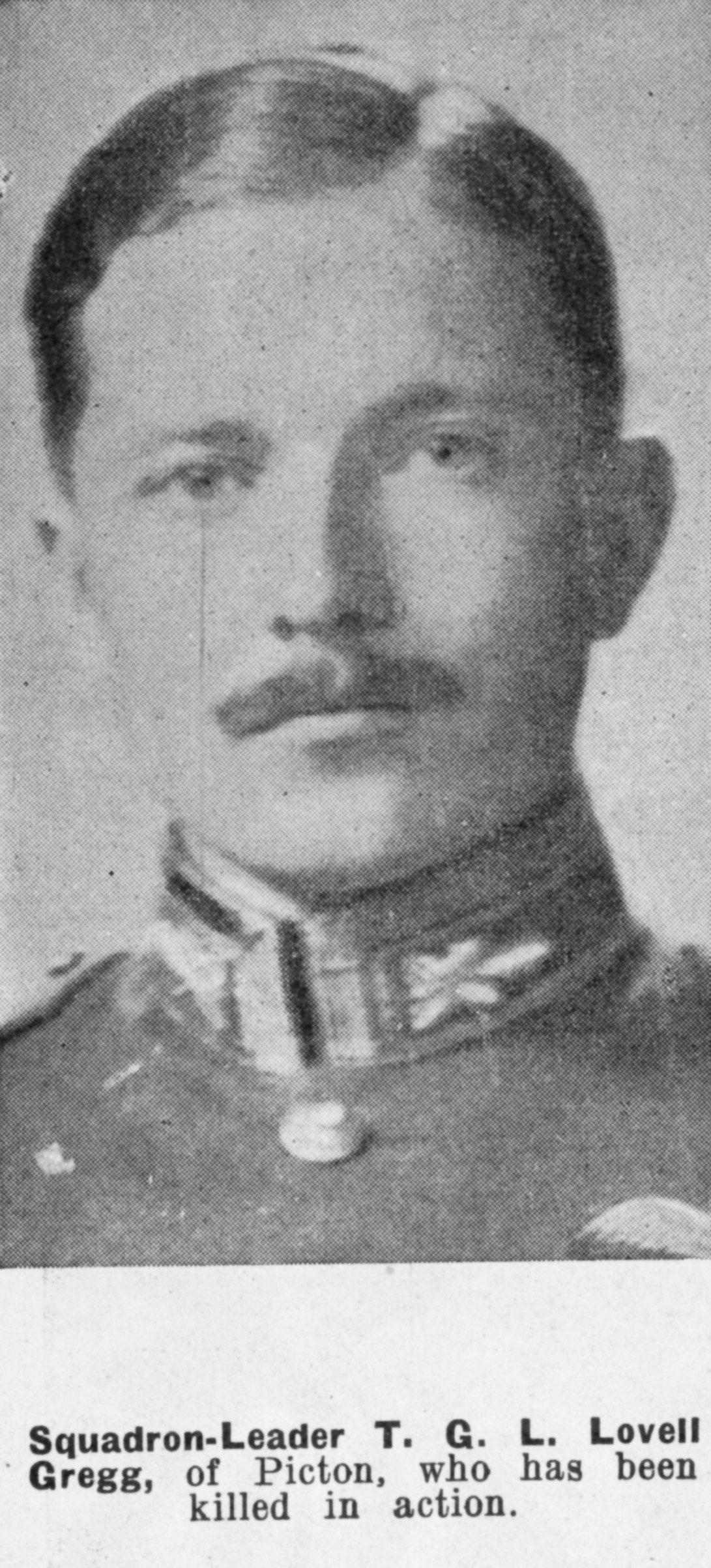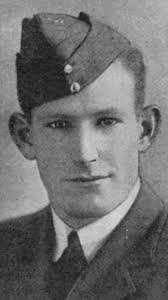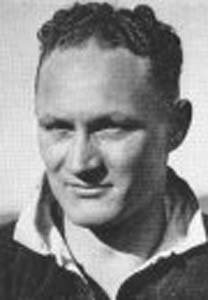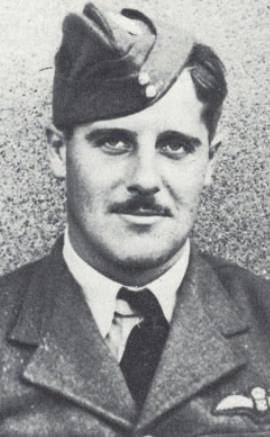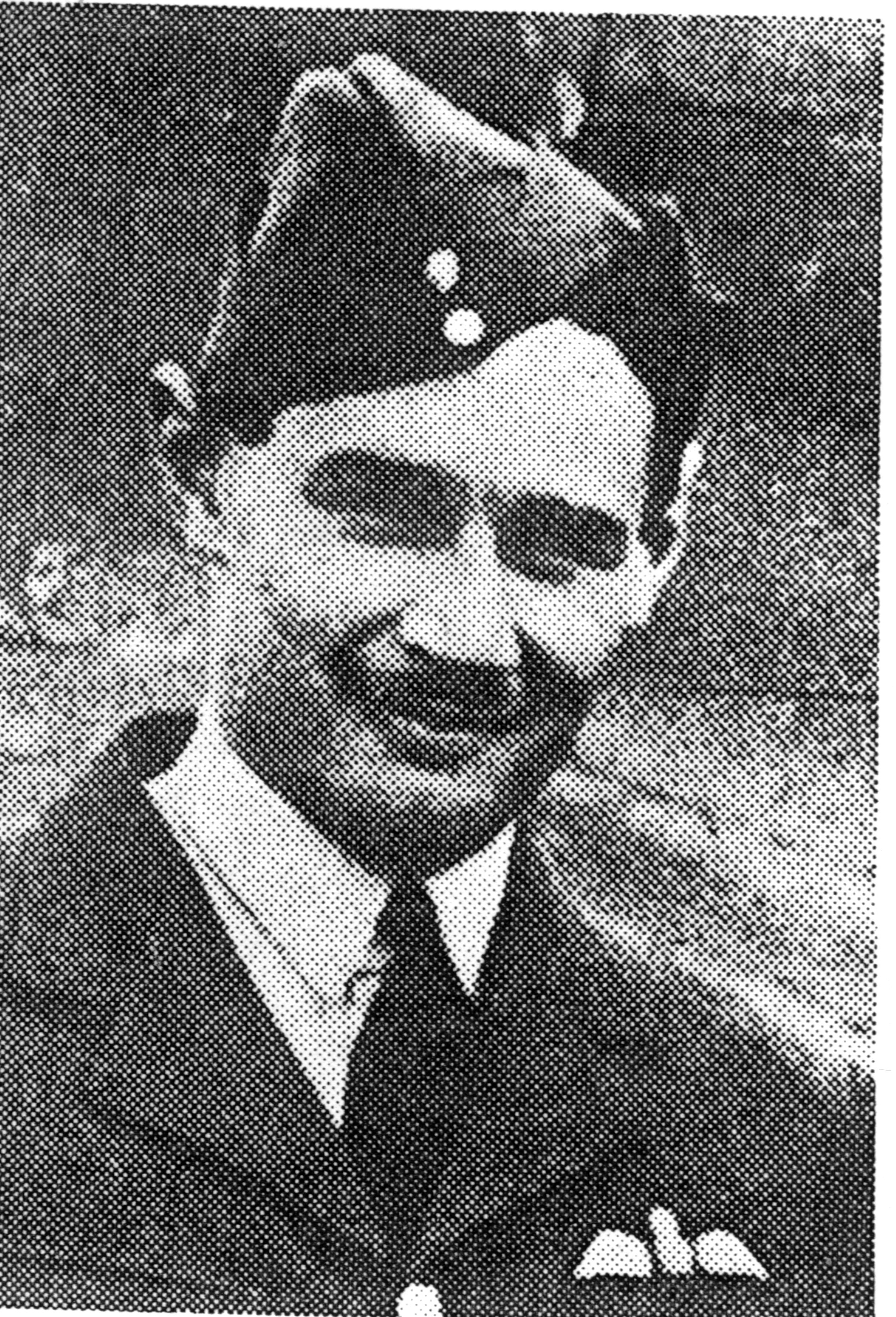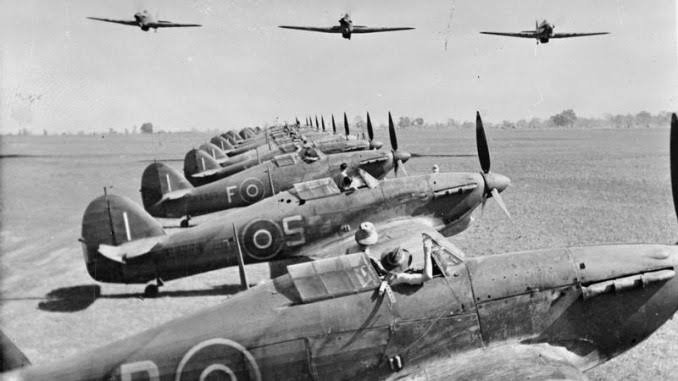
"Never in the field of human conflict was so much owed by so many to so few" Winston Churchill
-
Just over 130 New Zealanders took part in the Battle of Britain
New Zealanders represented the third greatest number of pilots to take part in the Battle (after Britain and Poland), which is why the battle of Britain has such a significance to the country and the RNZAF.
-
The Situation
Now, only ‘The Few’ – some 2353 fighter pilots of the Royal Air Force stood in the way of that invasion. They were significantly outnumbered by the German Air Force, the Luftwaffe: the RAF numbered about 640 serviceable fighters, whilst the Germans possessed about 2600 bombers and fighters.
-
Keith Rodney Park
New Zealander Keith Rodney Park was a decorated First World War fighter pilot who carved out a prestigious career in the Royal Air Force (RAF). He played a pivotal role in the defence of London and south-east England during the Battle of Britain.
Sir Keith was an outstanding man, leader and ‘Kiwi’. No other New Zealand-born military figure has had a greater impact on history than Park, for none have ever had such a significant role in determining the course of such a major battle. A battle that had it been lost, would’ve allowed Hitler’s land forces to invade Great Britain, thereby changing the history of the world.
Hon Ron Mark
Alan Deere 12 Dec 1917 – 21 Sep 1995
During the Battle of Britain Deere’s squadron was part of Keith Park’s famous No. 11 Group, which bore the brunt of the German aerial assault against London and southeast England. Between July and September 1940 Deere shot down eight more planes.
Deere survived several brushes with death during the campaign. The first was on 9 July 1940 when his squadron was scrambled to intercept an enemy formation near Dover. They discovered a group of Messerschmitt Bf 109 fighters escorting a seaplane, which had been sent to undertake pre-invasion surveys of the English coast. Deere’s section immediately engaged the fighter escort and the New Zealander quickly sent a Bf 109 down in flames. He was manoeuvring to attack another fighter when a German plane suddenly headed straight for him. Locked in a deadly game of chicken, neither pilot gave way and their aircraft collided. The engine of Deere’s Spitfire was severely damaged. Unable to bail out and with his cockpit filling with smoke, he managed to head inland and crash land – his Spitfire came to rest in the middle of a corn field before bursting into flames. Deere was able to smash his way out and walk away with minor cuts and burns. Remarkably, he was back on patrol the next day.
Shortly after 1 p.m. on 31 August 1940 Al Deere desperately gunned his Spitfire down the runway at his squadron’s Hornchurch airfield. Al Deere and his fellow Royal Air Force (RAF) pilots had dashed to their aircraft when ordered to scramble, and the controller screamed at them to take off immediately. A large formation of German bombers, which had escaped early detection, was approaching.
Two of the squadron’s sections managed to get their planes into the air as the first of about 60 bombs began to fall. In the rear Deere and his section had just lifted off when explosions caused all three Spitfires to crash. As bombs continued to burst, Deere was pulled from his upside-down machine by one of the other pilots. He then had to carry his rescuer to safety after the latter collapsed. Deere was one of 135 New Zealanders who fought in the Battle of Britain as part of the RAF’s Fighter Command.
Derek Harland Ward was born at Whangarei, New Zealand on 31st July 1917, the son of Sidney Harland Ward and Margaret Emilie Ward.
He learned to fly at Waikato Airport, Hamilton in early 1937. He applied for an RNZAF short service commission in March and reported to Wigram on 23rd May. Ward began flying training a month later. He was awarded his flying badge on 10th December.
He served in the battle of France and destroyed a Hs126 and damaged a Do17.
On 11th August 1940 he was appointed 'B' Flight Commander and claimed a Me110 destroyed on the 15th. From the beginning of September 'A' and 'B' flights alternated at Bibury on night duties. On the 3rd Ward damaged an enemy aircraft at night. During the flat period after the Battle of Britain, Ward organised a squadron aerobatic team comprising of himself, P/O RP Beamont and F/Sgt. IJ Badger, who had flown in a 151 Squadron aerobatic team before the war. The team became very proficient and its displays contributed greatly to squadron moral
Ward destroyed a He111 during the night of 7th May 1941. He was awarded the DFC (gazetted 17th October 1941).
He was eventually sent overseas but unfortunately he died in combat in North Africa 17 June 1942 aged 24. He was credited with having shot down six German aircraft
Derek Harland Ward (1917- 1942
During the Battle of Britain, the Luftwaffe was dealt an almost lethal blow from which it never fully recovered.
Although Fighter Command suffered heavy losses and was often outnumbered during actual engagements, the British outproduced the Germans and maintained a level of aircraft production that helped them withstand their losses.
Germany’s failure to defeat the RAF and secure control of the skies over southern England made invasion all but impossible. British victory in the Battle of Britain was decisive, but ultimately defensive in nature – in avoiding defeat, Britain secured one of its most significant victories of the Second World War. It was able to stay in the war and lived to fight another day.
Battle of Britain New Zealand Roll of Honour
The following New Zealanders lost their lives serving with RAF Fighter Command during the Battle of Britain in 1940:
Flying Officer John Henry Leslie Allen Remuera
Pilot Officer John Laurance Bickerdike Christchurch
Sergeant Jack Stephen Brennan Auckland
Pilot Officer Donald Gordon Cobden Christchurch
Pilot Officer Cecil Henry Hight Stratford
Pilot Officer Howard Perry Hill Christchurch
Sergeant Robert Holder England
Sergeant David Ernest Hughes Dunedin
Pilot Officer John Richard Kemp Napier
Pilot Officer Rudal Kidson Wellington
Squadron Leader Terence Gunion Lovell-Gregg Whanganui
Pilot Officer Eric Orgias Palmerston North
Flight Lieutenant James Alfred Paterson Gore
Pilot Officer John Sinclair Priestley Wellington
Sergeant Lauritz Andrew Woodney Rasmusssen Auckland
Flying Officer Geoffrey Mervyn Simpson Christchurch
Sergeant Douglas Owen Stanley Matamata
Flying Officer Kenneth Victor Wendel Auckland
Pilot Officer Wycliff Stuart Williams Dunedin
Sergeant Robert Bett Mirk Young Palmerston North
